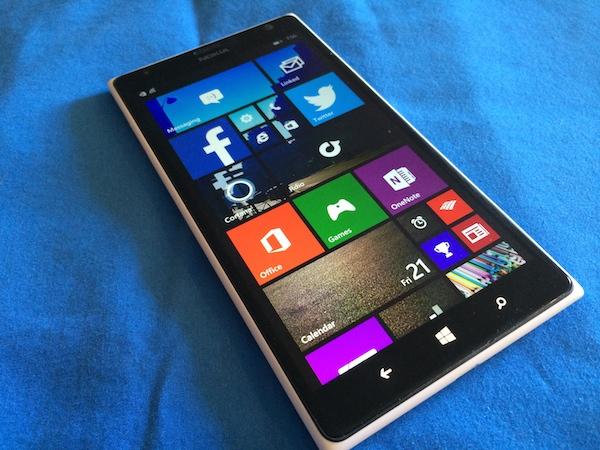
Sometimes, no matter how badly you want to like something, it just doesn't work out.
As I get older, I feel like I'm an old man who's getting stuck in his ways. Pretty soon I'm going to be on a porch, waving a cane and telling kids (everyone) to get off my lawn. Until then, I'm just going to get frustrated with certain aspects to hardware and software decisions when it comes to our smartphones, and probably never be really, really happy with a handset.
That's probably a little overboard. While I may feel like that that's the case more often than not, in truth it's kind of the opposite. I don't hate most devices -- I actually like them very much, and tend to find more reasons than not to use the handset for more than just a few hours. But, in the end I'm probably going to go back to what I was using before, just because something might be missing.
Yesterday I told you about how much I love Android's ability to look ahead and bring new features to the table. With each new update that the Android team at Google releases, we expect to see something exciting, whether it's just an aesthetic tweak here and there, or a whole suite of new features that makes the overall experience better. Android's changing at a rapid pace, but they've still managed to make it better, and more usable, over the years.
And then there's Microsoft.
Right after the company officially introduced their newest version of Windows Phone, WP 8.1, my fellow Editor wrote up a piece about how it brought the mobile operating system "up to speed," and parallel to the other popular platforms out there. It's true, the new features that Windows Phone 8.1 brings to the table are indeed ones we've been using on other systems for awhile now, but that's certainly not a bad thing. Microsoft has a longer refresh cycle, so it makes sense updates like this take longer than what we've come to expect from other companies.
And let's face it: Windows Phone has grown in popularity since its debut so many years ago. It may not have rocketed to the top like Microsoft wanted, and there certainly have been some hangups here and there along the way, but for the most part the Windows Phone release into the wild has been a positive one. And it's getting better with each new release, both on the hardware and software front. Indeed, even the apps situation has gotten better, with some of the most popular apps finding their way to Microsoft's mobile OS (even if they've got a new issue in front of them as a result).
I can still remember how excited I was for Windows Phone when Microsoft first introduced it. I loved the change of pace for the platform (when compared to any other mobile OS, including Windows Mobile), and the Live Tiles were a great new way to interact with a device. The . . . minimalist styling of the platform as a whole, dominated by either the white or black background and similar layouts between apps, was very different and eye-catching to what we'd seen so far. It caught my attention, and still to this day I constantly think about switching, permanently, to Microsoft's platform.
Which got me thinking, following yesterday's start to this mini-series, about why you may have tried or switched for an extended period of time to Windows Phone, but then eventually left the platform for something else. Have you given Windows Phone a shot yet? If you have but switched back to something else, why did you make that particular decision? And, just to cover the bases, if you've tried Windows Phone and stuck around with the platform, what made you stay? Let me know!